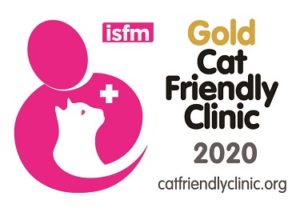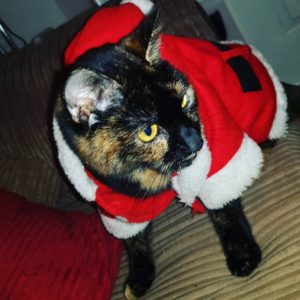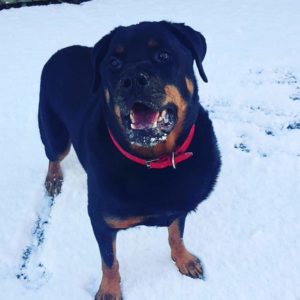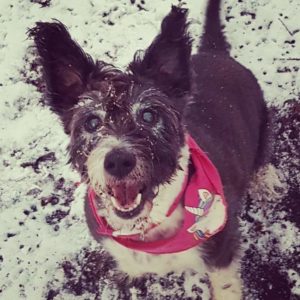What is a cat friendly clinic?
Bringing your cat to the vet can sometimes come with challenges. We recognise this and want to make the experience as stress free as possible for both you and your cat.
We have been accredited as a Gold level Cat Friendly Clinic, this means we have met certain criteria in regards to our attitude towards cats (cattitude!), the way we handle your cat, the equipment we use whilst caring for your cat and our knowledge of cat behaviour, medicine and surgery.
The Cat Friendly Clinic website has full details of what this accreditation means for you and your cat





